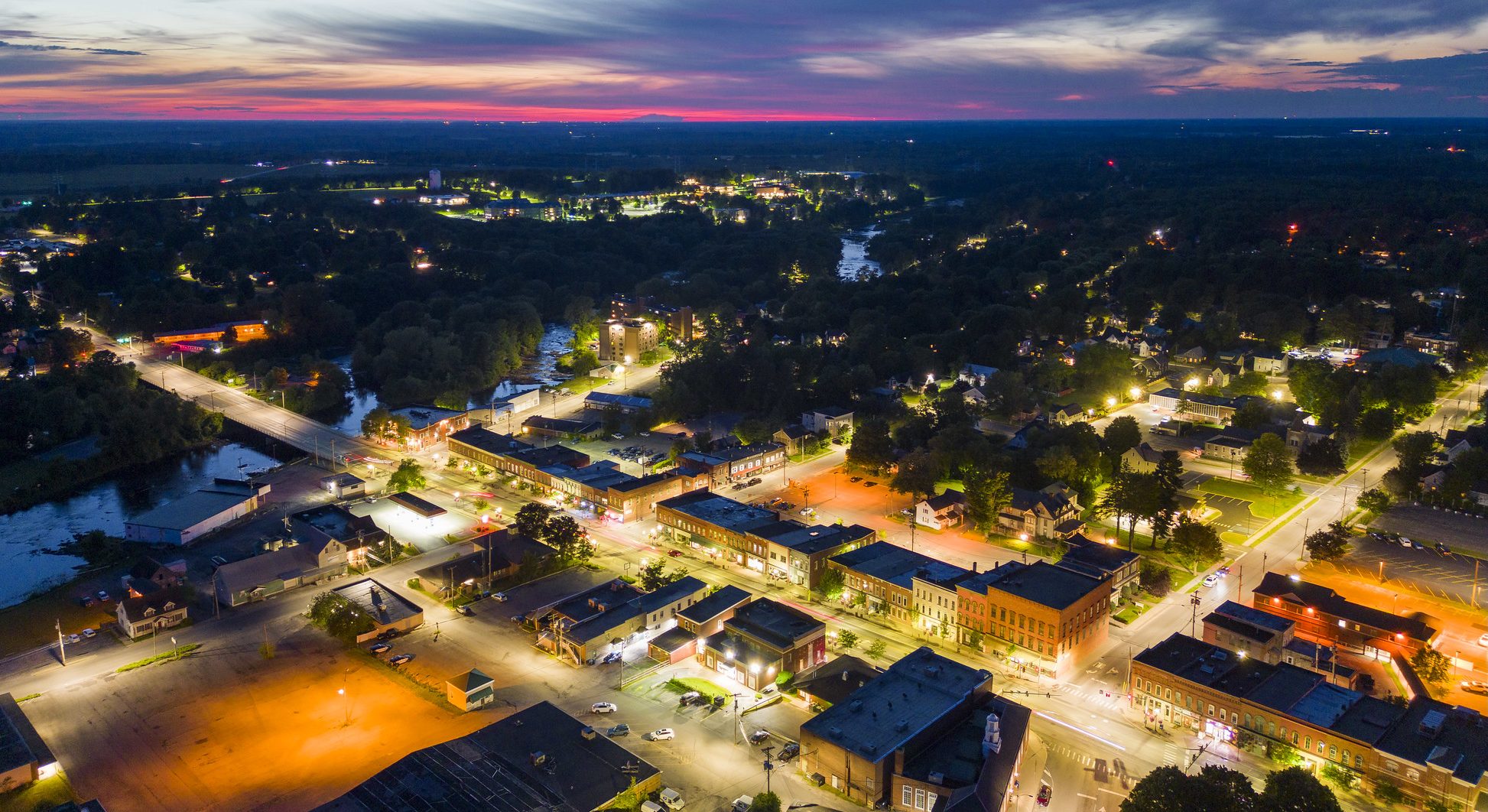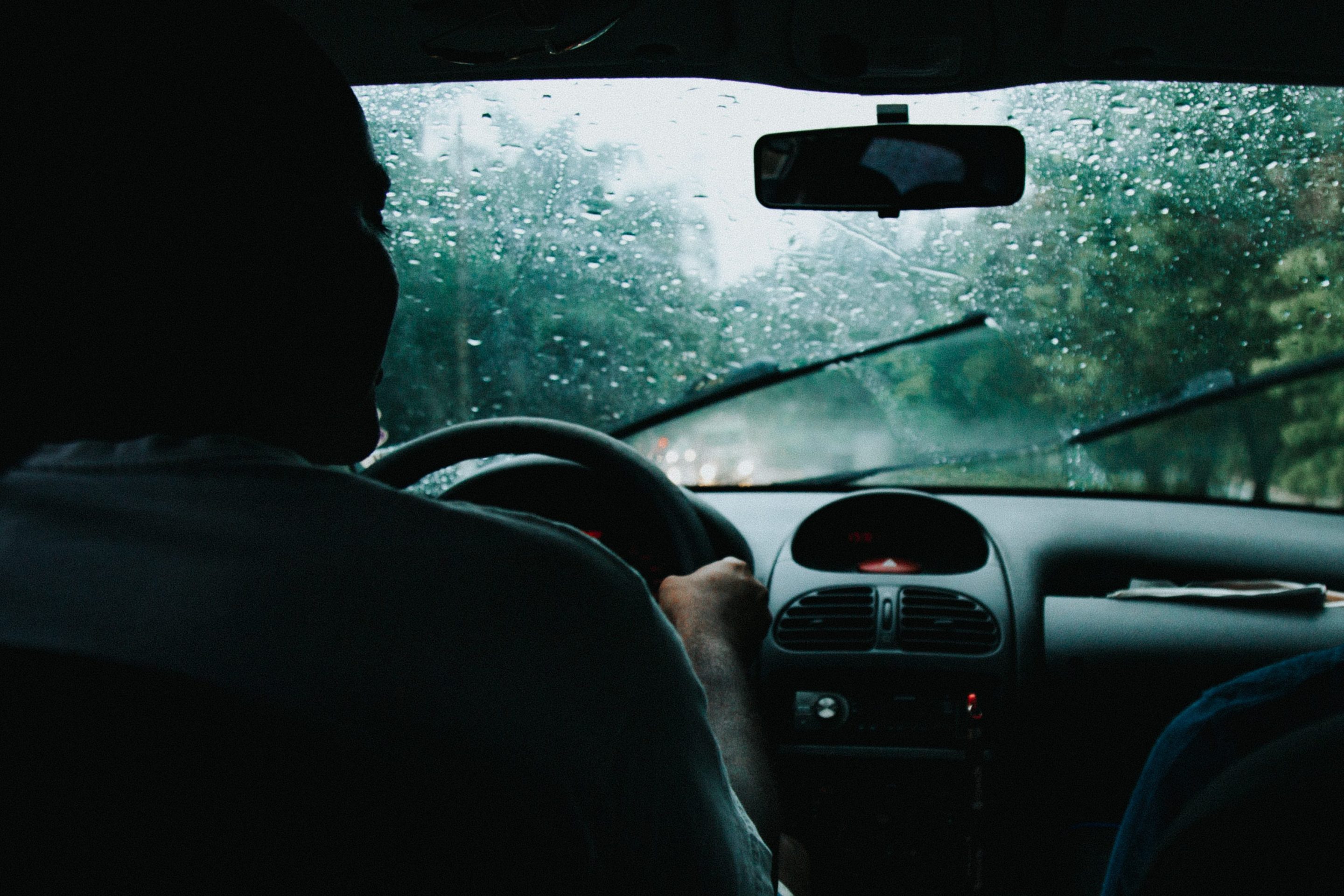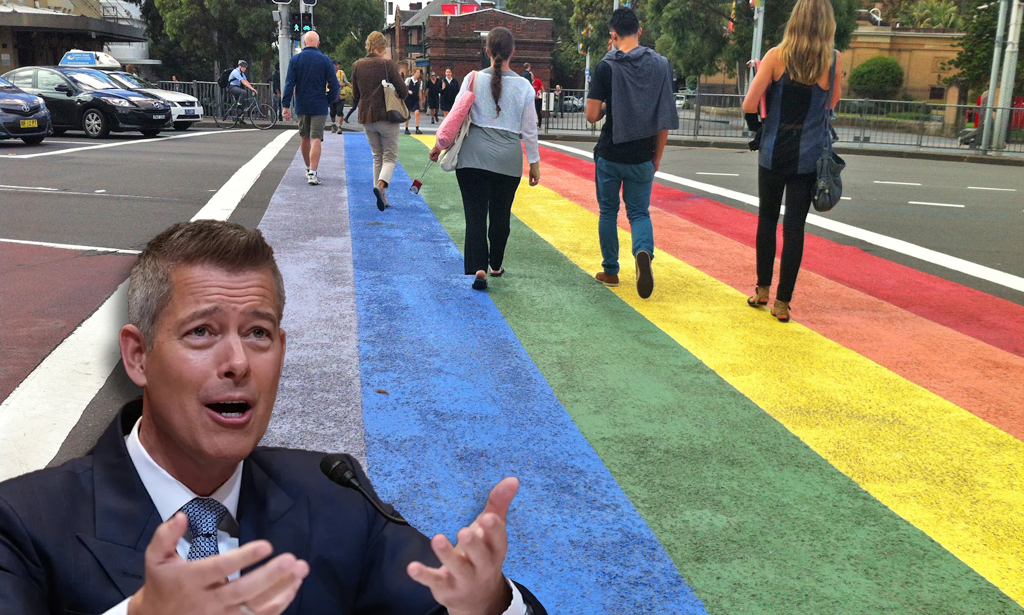Suburban cul-de-sacs are one of the fundamental units of a development pattern that is coming under increasing strain and scrutiny around the country. In Charlotte, NC, Streetsblog Network member The Naked City argues against spending precious transportation dollars on building roads that encourage the traditional sprawling pattern of four-lane highways and residential dead ends:
Photo by northfield.org via Flickr.
[W]e should get smarter in using state and federal transportation money restricted for streets and roads. There are plenty of legitimate projects in Mecklenburg County that are sorely needed, as development has overtaken old farm-to-market roads. But instead of building the typical NCDOT-style four-lane country highways, build four-lane boulevards. This is, after all, a city.
Build plenty of streets that connect. The more connections, the less the load on any one road. And can we stop calling them "roads"? They're streets. Streets are what you have in cities. Roads are what you have in the country. Did I mention that this is, after all, a city?
On
those interconnected streets, build (or require others to build) sidewalks and bike lanes. If key thoroughfares need connecting, buy the houses that stand in the way, and connect where needed.
The Naked City's author, Mary Newsom, notes a recent development in Virginia that has to do with this kind of connectivity:
Note what the state of Virginia has done. The state recently decided it will no longer maintain (or even plow) state-owned streets in new subdivisions that don't meet state requirements for connectivity and sidewalks. Here's a link to a WashPost story.The reasoning is sound: State taxpayers are funding road widenings that wouldn't be necessary if subdivisions and other developments were required to connect with each other. And disconnected neighborhoods pose a serious problem for emergency services.
Meanwhile, Jennifer Sharpe reports for NPR that in Santa Monica and Los Angeles some residents are trying to create human connection within cul-de-sacs using a rather old-fashioned idea -- the commune.
Elsewhere around the network, Baltimore Spokes discusses the civil disobedience known as "road witching", Orlando Bike Commuter reports on legally sanctioned blindness to bicyclists in Tennessee, and Livable Streets for West Palm Beach presents some terrific photos of working bikes from around the world.





